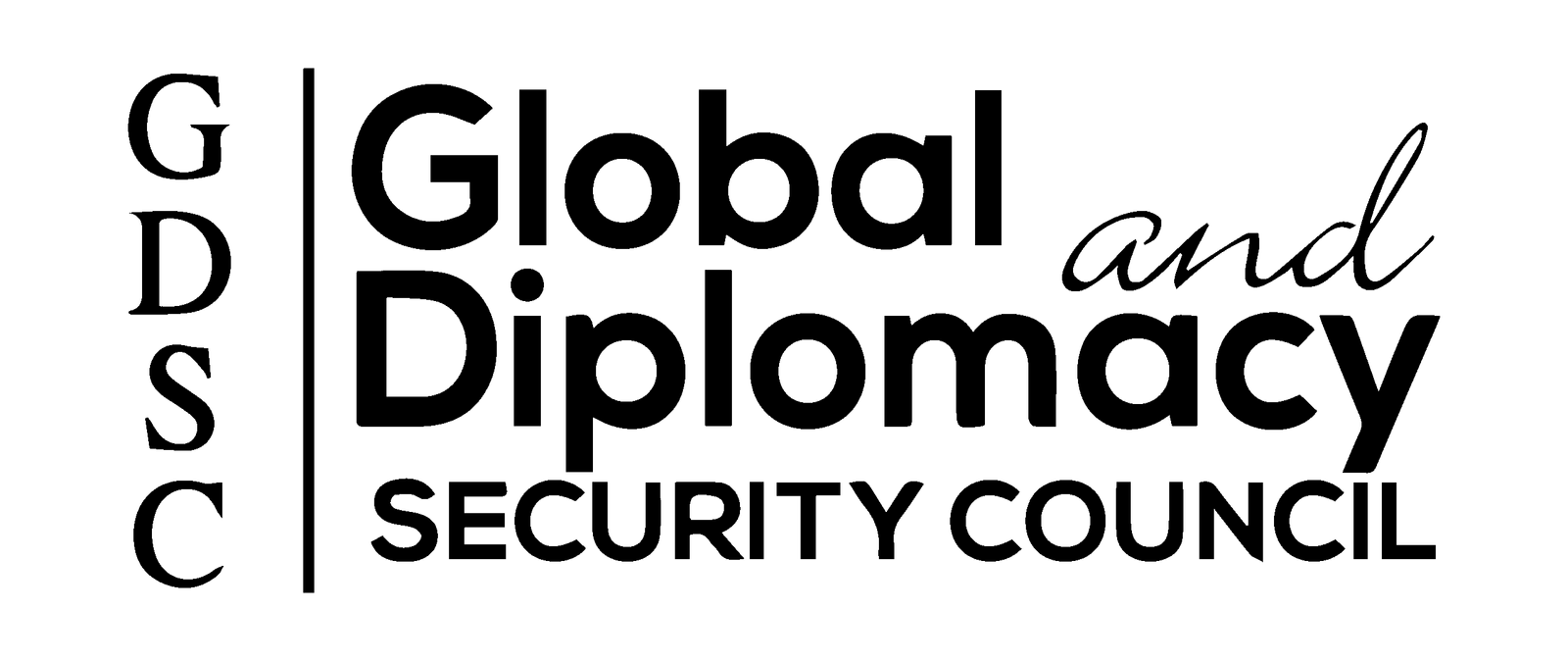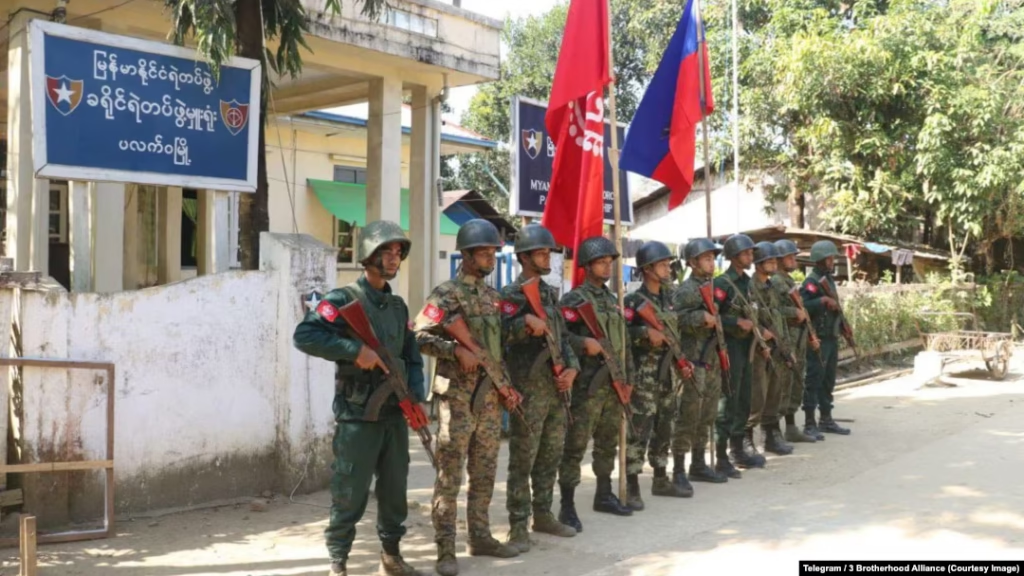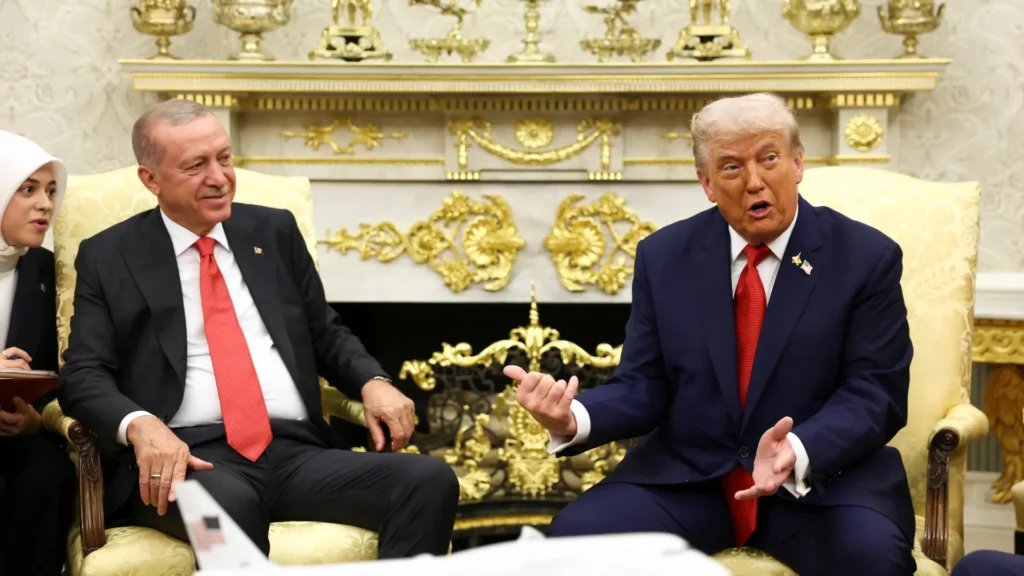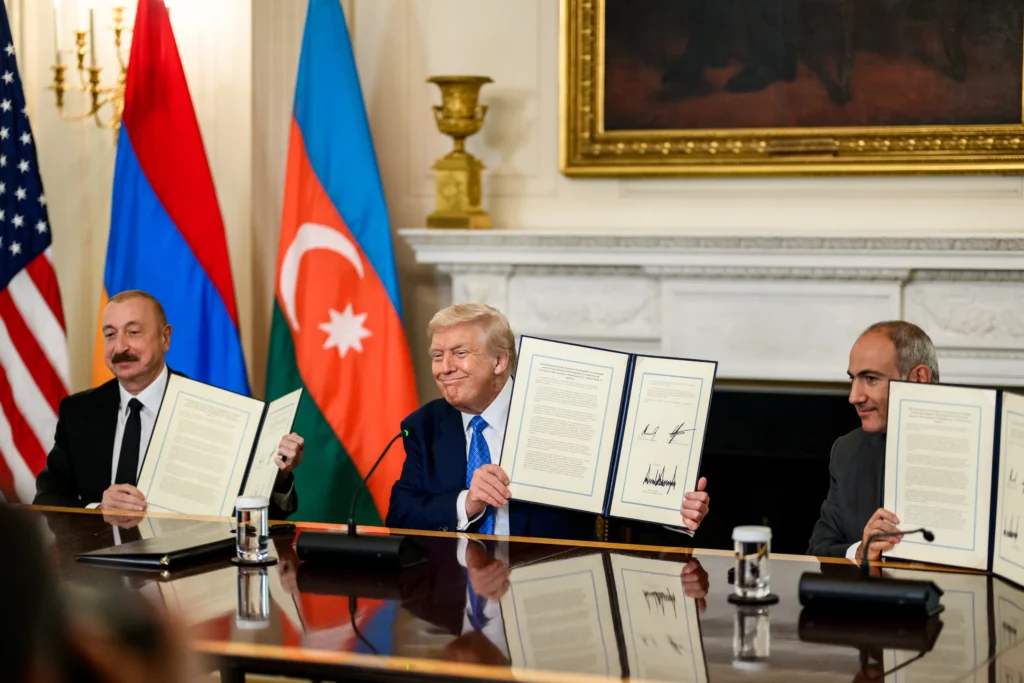Credibility Dividend: Why Neighbors Out-mediate Distant Powers

The allies Washington worries about may be the ones saving its foreign policy. While Türkiye trades with Iran and Colombia engages Venezuela, critics decry betrayal—even as both quietly deconflict missile strikes, monitor refugee flows, and gather intel that supports U.S. objectives. The irony? America’s demand for clean alliances often overlooks the dirty work that makes peace possible. In places where U.S. presence is viewed with suspicion or resentment, it’s these “problematic” partners who keep negotiations alive.
The Hidden Value of “Problematic” Partnerships
Most observers express frustration when U.S. allies appear overly accommodating toward American adversaries. Notable examples include Türkiye’s continued economic and energy ties with Iran despite U.S. sanctions, and Colombia’s reestablishment of diplomatic relations with Venezuela.
In Türkiye’s case, the United States viewed Ankara as a sanctions evader, given Washington’s insistence on full compliance with its “maximum pressure” policy on Iran. However, Türkiye’s actions were driven by geographic realities: Iran supplied a significant share of Türkiye’s natural gas imports, and because Kurdish populations span across Turkish, Syrian, Iraqi, and Iranian territories, both Ankara and Tehran opposed the rise of Kurdish autonomy in northern Syria and Iraq.
Similarly, when Colombia reopened relations with Nicolás Maduro’s government after years of severed ties under President Iván Duque, U.S. lawmakers criticized Petro’s administration for appearing soft on dictatorship and for normalizing ties without meaningful human rights conditions. Yet with millions of Venezuelan refugees, coordination with Caracas was essential to Colombia’s border stability.
Over time, however, these seemingly problematic relationships have, paradoxically, generated diplomatic capital for the United States.
In June 2025, Türkiye quietly served as a backchannel between Washington and Tehran during the escalation that led to U.S. airstrikes on three Iranian nuclear sites and the Iranian retaliation on Al Udeid Air Base in Qatar. Türkiye facilitated communication by giving advance notice to both sides before each strike—a reflection not of neutrality, but of shared vulnerability. A wider war would put Türkiye’s NATO bases next in line.
In Colombia’s case, intelligence-gathering initially relied on human intelligence (HUMINT) derived from defectors and refugees, providing actionable insights such as Venezuelan troop locations, Iranian and Russian advisor movements, and trafficking routes. While the reestablishment of formal diplomatic ties has decreased the flow of high-value defectors, it has yielded new sources of intelligence: official access to regime-side communications, and improved monitoring of border flows, commerce, and trafficking patterns—information that benefits U.S. counter-narcotics and regional stability efforts.
In short, shared vulnerability produces negotiating capital. Even when short-term interests appear misaligned with those of the United States, the long-term analytic payoff lies in the proximity-based credibility and speed that only frontline states can offer. Distant powers rarely match either. Borders, energy grids, and remittance flows give neighbors not just leverage, but enduring presence—the ability to monitor, enforce, and adapt agreements long after Western envoys have flown home. Proximity turns neighbors into stakeholders: when fallout lands on your doorstep, leverage isn’t optional—it’s existential.
Why Neighbors Broker Better Peace
Regional brokers resolve crises faster not because they are more powerful, but because they are more trusted, embedded, and present.
The empirical record shows that regional brokers tend to achieve faster agreements and experience lower rates of conflict relapse. This success stems not only from geographic proximity and the vulnerabilities that come with it, but also from legitimacy—rooted in cultural familiarity, shared geography, and perceived neutrality—which creates local buy-in that distant powers rarely achieve.
In the context of security crises, Türkiye’s role in brokering the 2022 Black Sea Grain Corridor between Russia and Ukraine illustrates the advantages of neighbor-led diplomacy. Türkiye used its geography, trade ties, and control over the Bosporus to negotiate safe passage for Ukrainian grain exports amid ongoing war. Unlike distant actors, Türkiye had direct stakes in the outcome, including concerns over food inflation and regional maritime stability. While the agreement was formally signed under UN auspices, it was Türkiye that facilitated and enforced its implementation, securing multiple extensions before Russia’s eventual withdrawal. Since then, Türkiye has hosted several rounds of peace talks between the two parties—demonstrating both access and enforcement capacity.
By contrast, the U.S.-led Doha peace plan for Afghanistan in 2020 illustrates the limitations of distant-power mediation. The agreement between the United States and the Taliban excluded Kabul, relying on an external process disconnected from core dynamics. The United States lacked the long-term embedded presence and goodwill necessary to adapt or enforce the agreement after its withdrawal. Within 15 months, the Afghan government collapsed, and the Taliban retook Kabul before the U.S. had even completed its exit. Notably, however, Qatar—despite hosting the talks—has maintained credibility as a neutral broker, underscoring the importance of perceived independence and sustained presence.
In political transitions, ECOWAS’s mediation during The Gambia’s 2017 constitutional crisis offers another example of effective neighbor-led diplomacy. When President Yahya Jammeh refused to concede defeat, ECOWAS deployed a combined strategy of regional mediation and a credible military threat, spearheaded by Senegal and Nigeria—both U.S. partners with deep ties to Gambian society. As neighboring states, ECOWAS members had direct exposure to border instability, refugee flows, and democratic backsliding. Shared cultural and institutional ties lent ECOWAS legitimacy—and Jammeh fled without foreign occupation.
By comparison, France’s stabilization efforts in the Sahel from 2021 to 2024 failed to prevent growing regional instability. French efforts in Mali, Burkina Faso, and Niger were seen as neo-colonial and out of touch with local realities. France’s lack of cultural legitimacy, especially with youth and local militaries, fueled anti-French coups. As new regimes pivoted toward partnerships with Russia and the Wagner Group, France was expelled, and instability deepened. However, other U.S.-aligned countries such as Türkiye and Qatar have managed to maintain engagement through a more balanced mix of military, humanitarian, and infrastructure cooperation. These actors are perceived not as neocolonial powers, but as independent Muslim partners with no imperial legacy in the region.
Operationalizing Strategic Regionalism
Ultimately, neighbors succeed where legitimacy outweighs resource gaps. Distant powers, by contrast, often face local suspicion that limits their influence. For the United States, the strategic imperative is not to lead every negotiation, but to enable credible regional actors already embedded in the crisis. This approach reflects both public fatigue with costly foreign deployments and the growing reality that sustainable diplomacy now depends on localized legitimacy—not distant power projection.
Washington’s role, then, is to support without overshadowing. Overt U.S. involvement can compromise the neutrality that gives neighbor-led mediation its strength. Instead, the U.S. can play a quiet but critical role behind the scenes: providing intelligence support, logistical capacity, and targeted financial assistance—channeled through multilateral trust funds or regional institutions, not bilateral banners. This helps maintain the perception of local ownership.
Two tools are especially useful here. First, the U.S. should use its permanent seat at the UN Security Council to shield neighbor-led negotiations from international spoilers—blocking delegitimizing vetoes and giving space for fragile diplomacy to mature. Second, the Treasury Department should be ready to fast-track OFAC waivers for sanctioned actors involved in credible peace processes. When a neutral mediator like Qatar is brokering talks with sanctioned parties like Hamas or the Houthis, legal flexibility becomes essential for shuttle diplomacy to proceed.
American leverage, when deployed carefully, becomes a force multiplier. By conditioning sanctions relief or development incentives on progress in regionally led negotiations, Washington can push talks forward without dominating them. This shifts U.S. support from symbolic endorsement to functional enabler—letting others lead while still anchoring outcomes.
Finally, U.S. engagement should avoid over-identification with any single broker. Relying too heavily on one mediator risks alienating others or creating rigid frameworks. A rotating cast of conveners—Switzerland yesterday, Qatar today, Türkiye tomorrow—allows the U.S. to stay flexible while still backing the diplomatic process.







